In the claustrophobic room of democracy: Reflections from Manila
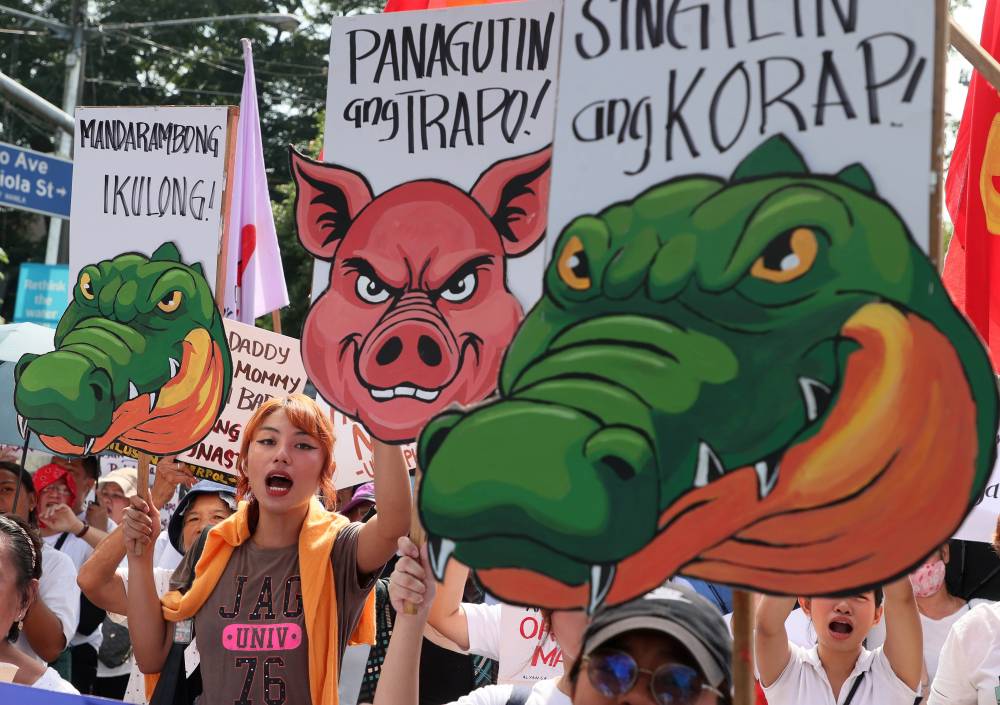
The Philippines is a tragedy of innocence—plundered by conquerors, betrayed by its rulers, yet still enduring.
In 1521, Fr. Pedro de Valderrama arrived with Ferdinand Magellan and held the first Mass on Philippine soil.
From that moment, faith and conquest became inseparable. Three centuries of Spanish rule carved Roman Catholicism into the soul of the archipelago. Millions perished—in rebellion, in silence, in the shadow of empire.
Then came the Americans—first as liberators, then as rulers under another name. Another million Filipinos died in the Philippine–American War.
The Japanese bombing followed after Pearl Harbor, and now the looming presence is China.
Geography condemned the Philippines to geopolitics. It has never had the luxury of neutrality. To live here is to exist at a crossroads of empires, of faith and of survival.
Yet beneath these tides of history runs a quieter, more corrosive current: corruption. It is not merely an act, but a condition of existence.
“We are Catholics,” a senior bureaucrat told me, “corruption is a cultural thing.”
He spoke not with pride, but resignation—an echo of colonial plunder transformed into modern inheritance.
Cultural critic Marian Pastor Roces once described the nation as “a claustrophobic room with no doors or windows,” where everyone is trapped with the worst actors. Democracy lived as captivity.
I have seen similar rooms in Sri Lanka, Bangladesh and Nepal—societies devoured from within, until the young, in despair, set fire to the ruins.
On ground zero
In the Philippines, the cycle continues—pork barrel, flood control funds, ghost projects—each scandal another scar. And yet, amid fatigue, something stirs. The youth refuse complicity. They shame the corrupt not with violence but with exposure—wielding the light of truth across social media’s vast mirrors.
These are not revolutions, but reckonings.
Thousands of Filipinos gathered at Luneta, EDSA and Mendiola on Sept. 21 to protest corruption—a date heavy with memory. They may return, perhaps on Oct. 21.
The choice of the 21st is no accident: it marks the anniversary of former President Ferdinand Marcos Sr.’s imposition of martial law in 1972, a shadow that still lingers over the nation’s politics and conscience.
I came to Manila after releasing the first test data of the Economic Crime and Geopolitics Index, which places the Philippines in the medium-risk category—teetering toward high. I wanted to see the ground truth.
In Makati, a senior official told me quietly: “No coup. The generals are content with their pensions.”
This is not 1986. Today’s protests are not against Marcos Jr.—ironically, it is he who exposed corruption within his administration and called for a full investigation. In a land accustomed to silence, even a whisper of accountability matters.
At a hotel café, a young data scientist traced the missing trillions from flood control funds, then nodded toward a man nearby. “He once ran for president. Lost. Owns mines. One of the richest.”
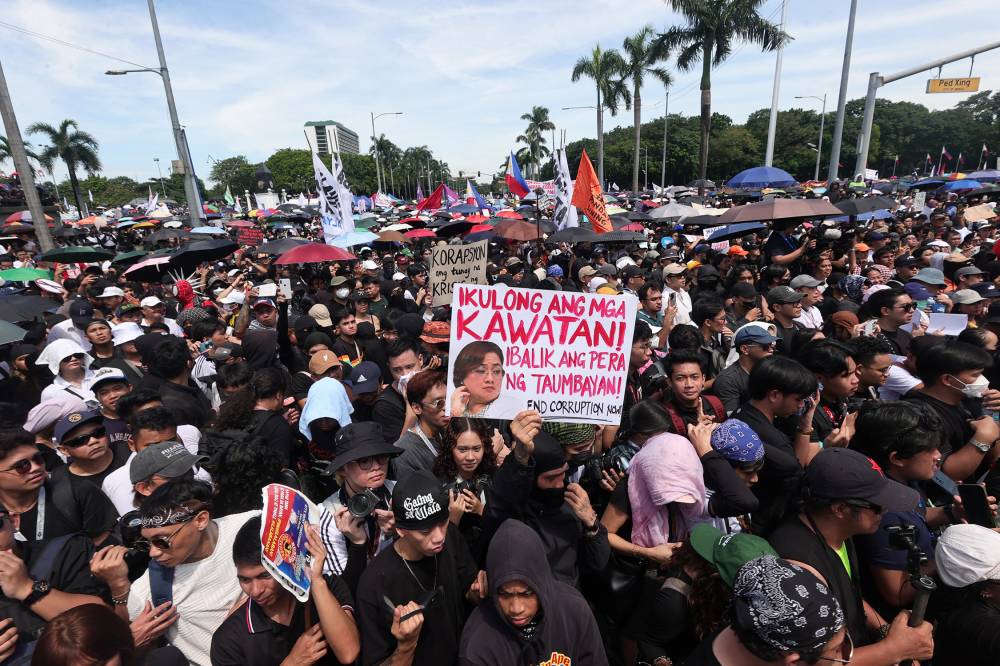
The new colonizer
Manila is full of such paradoxes—glittering, decaying, alive. Contradictions breathe here like humidity.
Walking through Makati, memories returned—my childhood in nearby Quezon City, my mother’s hand guiding me through the noise. The Filipino heart remains resilient, but the burden is heavier. Inequality has become the new colonizer.
At the Café Cubana, a popular refuge for Westerners, I met a woman who worked days at an AT&T call center for $350 a month, and nights selling her body.
“Six a day,” she said quietly.
Her honesty pierced deeper than any policy report. Meanwhile, in offices adorned with million-dollar art, elites speak of reform.
Sometimes I wonder whether the man in Washington is right to rebel against archaic institutions—like the International Monetary Fund, where I once served, or the United Nations—grand in rhetoric, blind to the hunger of the poor.
This is the face of survival in a democracy gasping for breath—the elites dine beneath chandeliers while the poor trade sleep for rice.
Center of a storm
And still, another shadow stretches across the archipelago—China. Its presence is subtle but strategic: online gambling rings funding espionage, quiet financing of unrest.
The Philippines stands at the center of a storm. In any war over Taiwan, these islands will burn first.
President Marcos Jr. walks a narrow path. Unlike Duterte—now facing charges in The Hague for crimes against humanity—Marcos balances with Machiavellian precision. He dismissed Duterte’s daughter, not as a political act but a survival one. Beijing fears such men—those who understand the game.
But the greater peril lies within. As long as corruption is tolerated as ritual, democracy will remain what Roces described—a windowless room, suffocating its own people.
Marcos must break that wall—build a window for fresh air to flow—and he cannot do it alone. The generation that refuses to lie is ready.
I believe the Filipino spirit will endure—not through revolt, but through awakening. The youth will not burn their cities. They will illuminate them—with data, with courage, with truth.
In Manila’s humid nights, beneath neon light and fading hymns, I see a beauty born of struggle. Here, to survive is to rebel—quietly, stubbornly, with faith in the possibility of light.
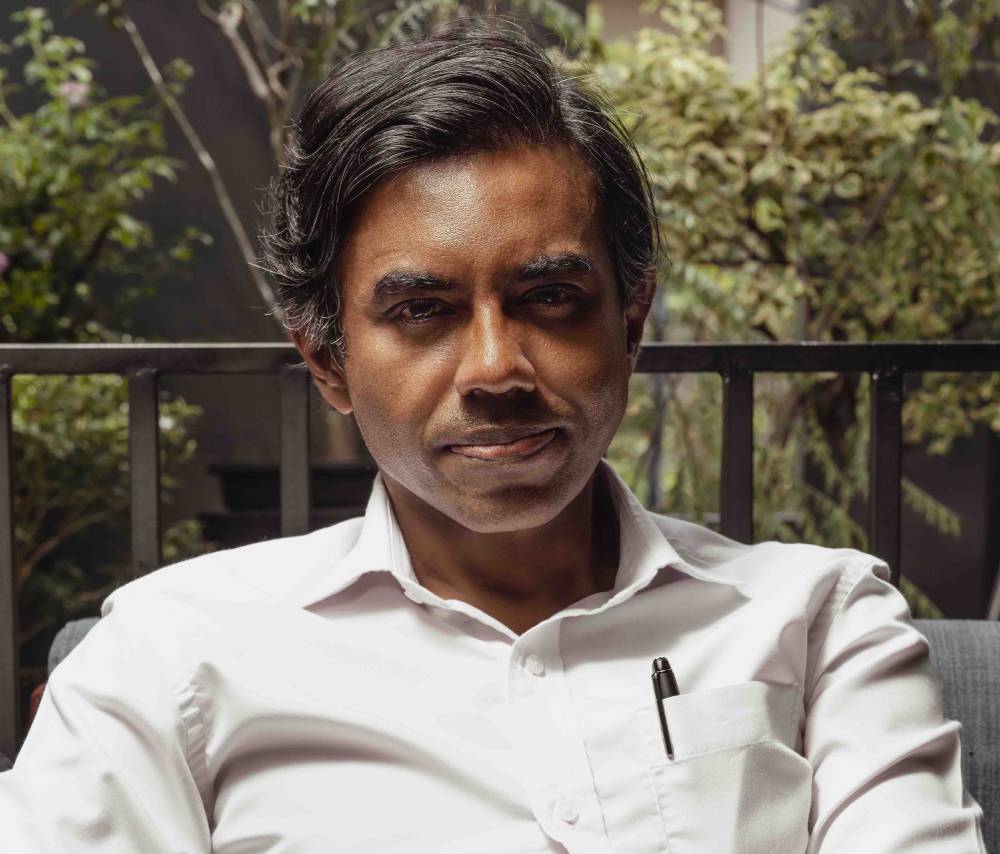
(Asanga Abeyagoonasekera is a senior fellow at the Millennium Project in Washington DC who developed the Economic Crime and Geopolitics Index. He was a technical advisor to the IMF. He is the author of Teardrop Diplomacy published by Bloomsbury. His forthcoming book, Winds of Change, will be published by World Scientific Singapore.)


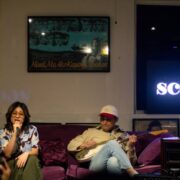


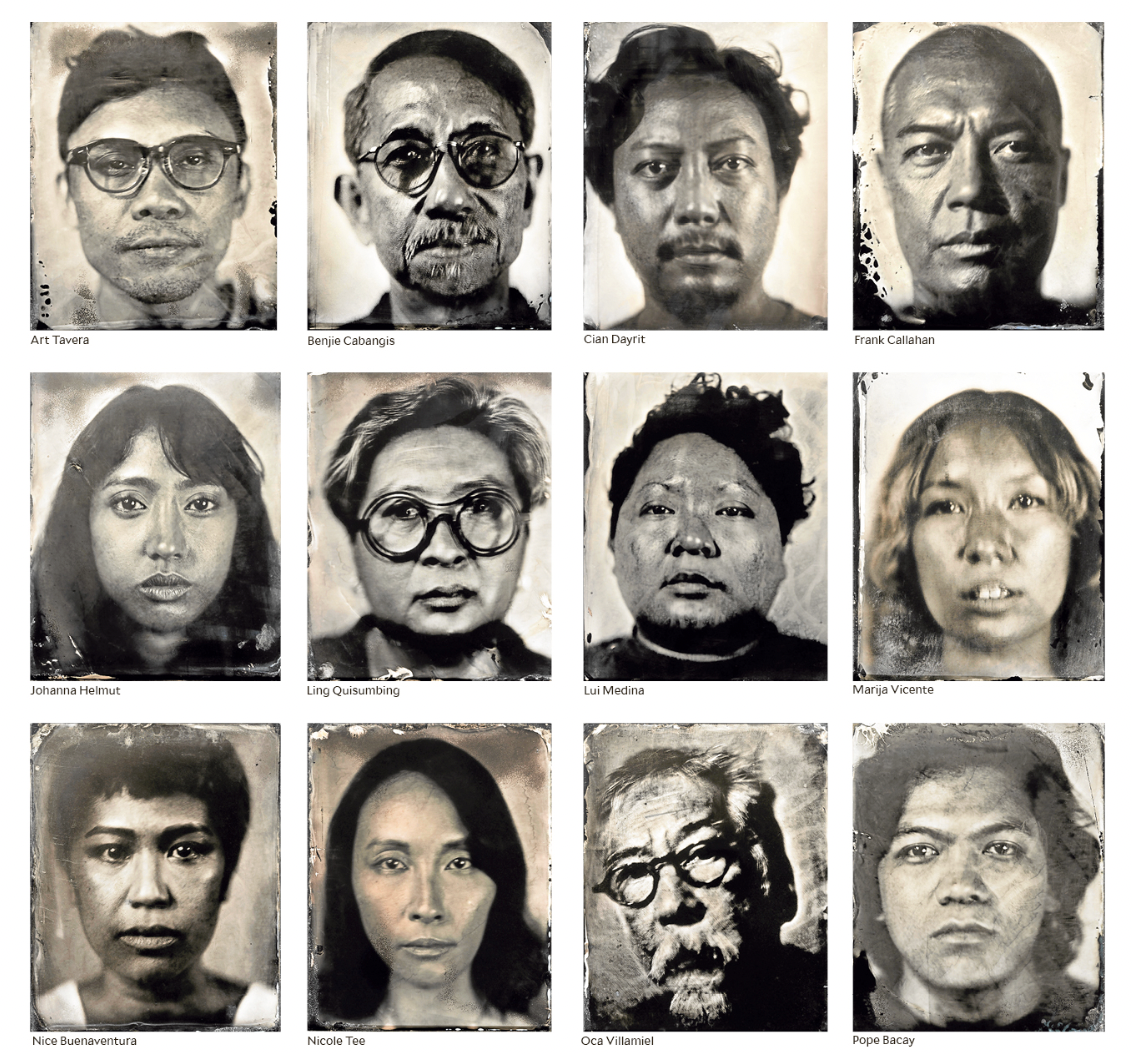









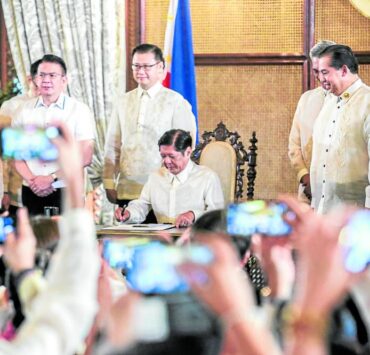

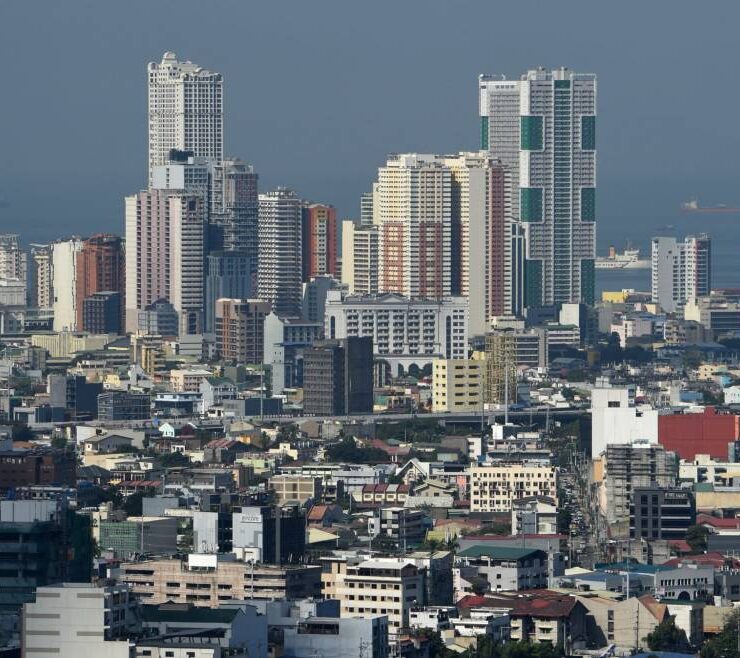



Talent, transition and continuity: 2026 hiring and succession in PH economy